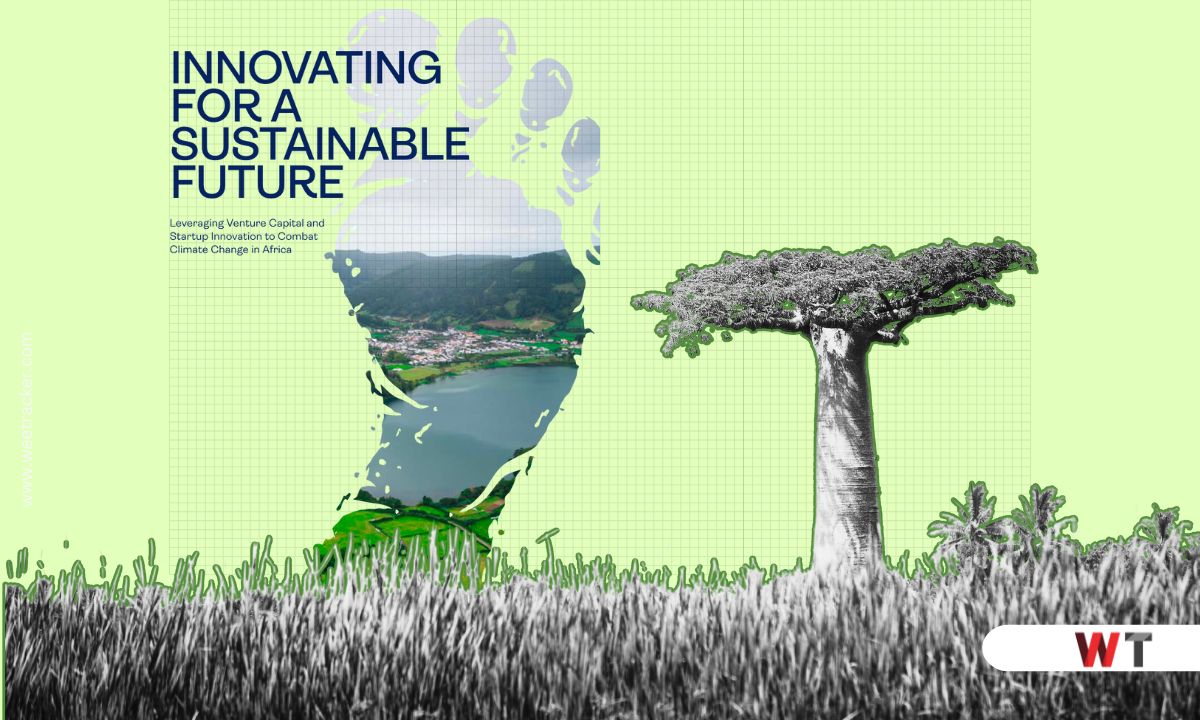Can African Climate Tech Outrun The Hype? Ventures Platform Has A Plan

Africa’s climate tech sector is heating up, not just with record-breaking investments but also with calls for clarity and sustainability. At the Africa Prosperity Summit, Ventures Platform, a leading early-stage VC firm, unveiled its climate tech white paper, “Innovating for a Sustainable Future: Leveraging Venture Capital and Startup Innovation to Combat Climate Change in Africa.”
The publication seeks to rally African venture capitalists (VCs) and startups around a shared goal: building climate-resilient business models that address the continent’s mounting climate challenges. But as optimism for climate tech surges, some industry voices caution against hype-fueled investments detached from African realities.
A Framework for Resilience
The white paper introduces a three-pronged framework to guide Africa’s climate tech ecosystem:
Adaptation: Innovations like climate-resilient infrastructure and agricultural practices.
Mitigation: Scaling renewable energy and sustainable land use to cut emissions.
Enablers: Policies, financing, education, and technology to catalyse systemic change.
For Ventures Platform, these aren’t just theoretical concepts. Over the years, the firm has backed more than 90 startups, including climate-focused ones like ThriveAgric (featured in the 2024 TIME 100 Climate list) and Rana Energy. However, Managing Partner Dotun Olowoporoku emphasises that this isn’t merely about writing checks: “Startups and VCs have a critical role in scaling solutions that solve local climate challenges while fostering economic and societal sustainability.”
A Boom With Questions
The white paper arrives at a time of unprecedented funding in Africa’s climate tech sector, with USD 413.9 M raised in 2024 alone—double the previous year’s total, per our comprehensive database WT Elite. Renewable energy startups dominate, as seen in recent blockbuster deals like D.Light’s USD 176 M raise.
Yet, the sector faces a tension between hope and hype. While climate tech has gained attention, industry veterans like LoftyInc Capital’s Idris Ayodeji Bello urge caution. “A lot of it is not sustainable,” Bello warns in a comment to WT in October, pointing to infrastructure gaps that make technologies like electric vehicles impractical in regions like Nigeria, where grid capacity remains a fraction of the demand.
EchoVC’s Eghosa Omoigui echoed those concerns, stating that some fund managers are chasing trends dictated by global Limited Partners (LPs) rather than crafting solutions that fit Africa’s needs.
Balancing Optimism and Pragmatism
Ventures Platform’s white paper appears to respond directly to such critiques, emphasising actionable insights and a holistic approach. Olowoporoku highlighted how startups like MAX and ThriveAgric demonstrate that “climate-resilient business models aren’t just viable—they’re essential for Africa’s future.”
However, even Ventures Platform acknowledges the complexity of the road ahead. “This is not just about achieving scale,” says Senior Investment Associate Dolapo Morgan. “It’s about ensuring these solutions work for the long-term realities of our continent.”
The Broader Picture
Africa contributes under 4% of the global greenhouse gas emissions yet suffers disproportionately from climate change. The continent’s climate vulnerability—exacerbated by severe droughts, flooding, and agricultural disruption—has made the continent a focal point for climate tech innovation. But this also means the stakes are higher. Misplaced investments could squander opportunities to build the infrastructure and systems needed for genuine progress.
As Omoigui aptly told WT in October, “This isn’t just a boom. It’s a chance to rethink how we invest in Africa’s future.” Ventures Platform’s white paper seems to embody that ethos, advocating for a balance of ambition and grounded pragmatism.
The Ventures Platform climate tech white paper is, thus, a challenge to investors and entrepreneurs alike. In a sector brimming with promise, the firm hopes to inspire a shift toward deliberate, impactful climate investments tailored to Africa’s unique context.